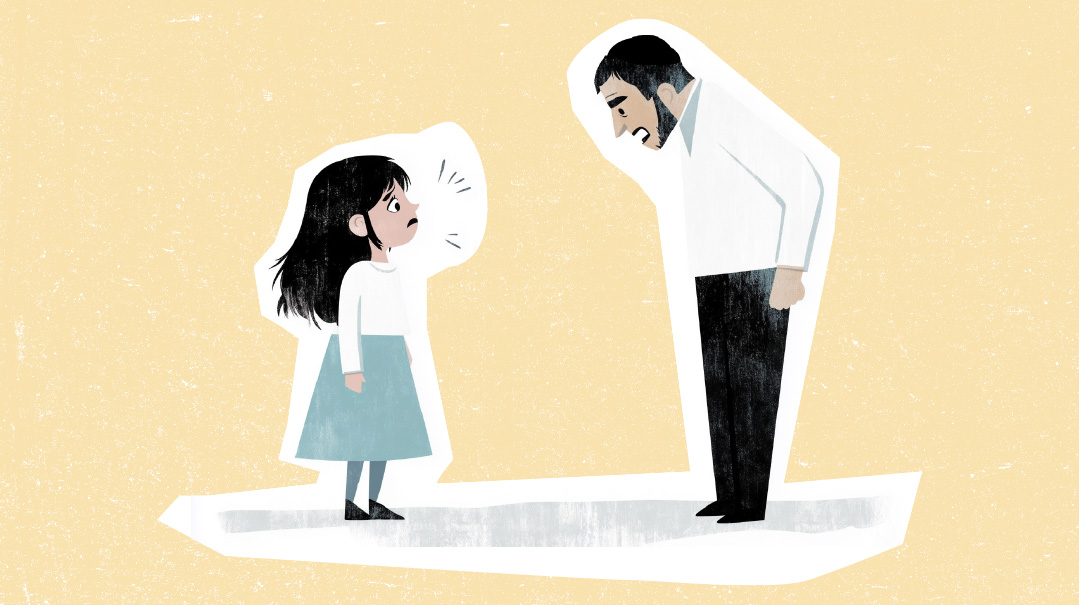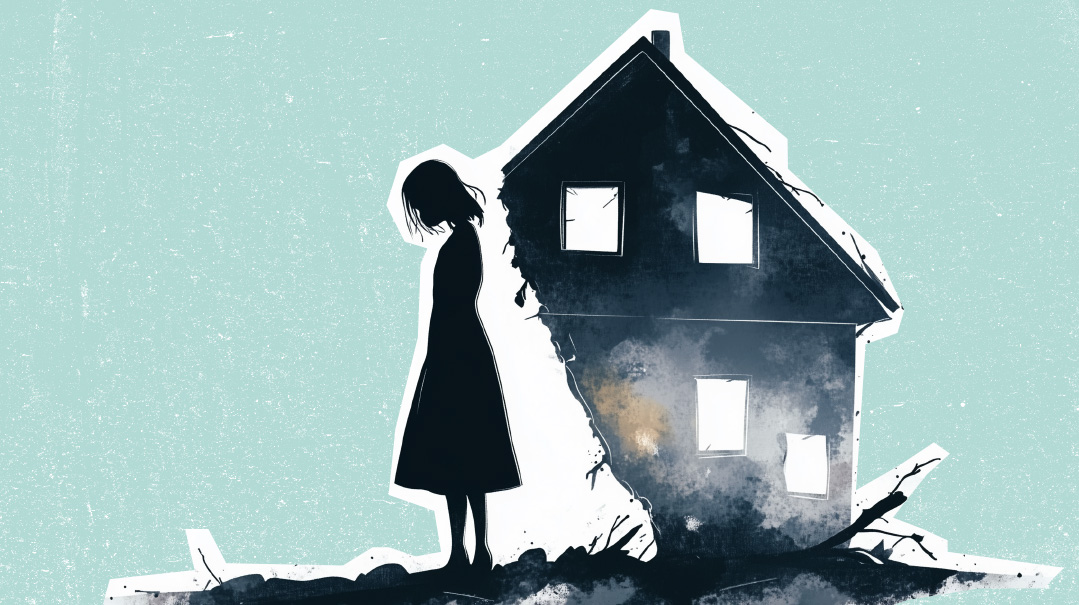“Shake My Parents Out of Their Denial?”

Your parents obviously lacked some crucial emotional and parenting skills, but pointing this out to them won’t produce healing

Q:
I’m 46 years old. When I was growing up, my parents didn’t know how to show love and affection. Feelings weren’t part of the family dynamic. Today my relationship with my parents is very polite and superficial. There’s no depth of relationship there, and they know nothing of my real struggles.
I have an older brother who’s ignored me from when I was around nine years old. He didn’t look at me or talk to me, and if his eyes did meet mine, he’d give me an evil look. I have no connection with him today.
I’ve made peace with the way my parents raised me; they did their best with the tools they had. But it bothers me that my parents have never acknowledged the pain my brother caused me, and that they never did anything to improve the situation. Or if they did try to do something (that maybe I wasn’t aware of), it had no effect.
Is there any point in talking about this with my parents? My parents are in denial; they think I have some feelings of kinship toward my brother, when I actually have none. Is it wrong of me to take them out of their denial?
A:
There is a phenomenon called “emotional neglect,” and in the professional psychological literature it’s often discussed alongside childhood abuse. The reason for this grouping is that the effects of emotional neglect are the same as those resulting from physical or emotional abuse.
This actually makes sense when we consider the nature of the injury caused by the first two types of abuse. The injury is emotional, not physical. For instance, when a child is bruised in the course of playing sports, the injury is physical and doesn’t result in symptoms such as dissociation, addiction, aggression, depression, anxiety, and so on. While the youngster could theoretically develop an aversion to or phobia of the sport, even that isn’t common, and even when it does occur, it doesn’t create permanent alterations of the entire personality.
When a child is similarly bruised by an angry parent, on the other hand, the accompanying emotional experience of abandonment, rejection, and betrayal reaches deeply into the developing psyche, leading to a lifelong alteration in interpersonal and intrapersonal functioning.
Emotional abuse isn’t the same as emotional neglect. The former involves active rejection, diminishment, and/or manipulation. The latter is characterized by a lack of involvement, acknowledgment, validation, and/or emotional education. An example of emotional abuse would be that of a parent calling a child ugly names. An example of emotional neglect, on the other hand, would be that the other parent, while directly witnessing his or her spouse viciously insulting or physically hurting their child, does nothing to address it either then or later, doesn’t comfort the child at any point, doesn’t offer a corrective experience or any coping tools, and doesn’t provide education or guidance around the issue. In other words, the child is left on his or her own to deal with significant emotional pain.
This is the sort of trauma you yourself experienced when your parents ignored the suffering you underwent in their home. Moreover, even if you hadn’t had the problem with your brother, the fact that your parents couldn’t name, acknowledge, or support daily emotions would itself have constituted emotional neglect — the neglect of the inner experience that constitutes the experience of life itself.
Your parents obviously lacked some crucial emotional and parenting skills, but pointing this out to them won’t produce healing. What you’re most likely seeking is something they’re most likely unable to give: emotional validation! If this was within their skill set, they would have acted differently and/or they might be coming to you to apologize for the harm they realize they caused you. You’re more likely to get the same lack of recognition or defensiveness that was characteristic of them in the past, a response likely to be more traumatizing than healing.
But even if they were now able to respond more appropriately, this way-too-late acknowledgment will not transform or repair your inner world; this is something that personal therapy can help with. As for the desire for your parents to know the truth about your lack of sibling closeness — if you feel the honesty will relieve a pressure from you, you can simply tell them that you aren’t close to your brother, without giving them the full history or their role in it. There’s no need to cause them pain; the pain they caused you was not intentional, but rather arose out of their own deficits.
(Originally featured in Family First, Issue 865)
Oops! We could not locate your form.





